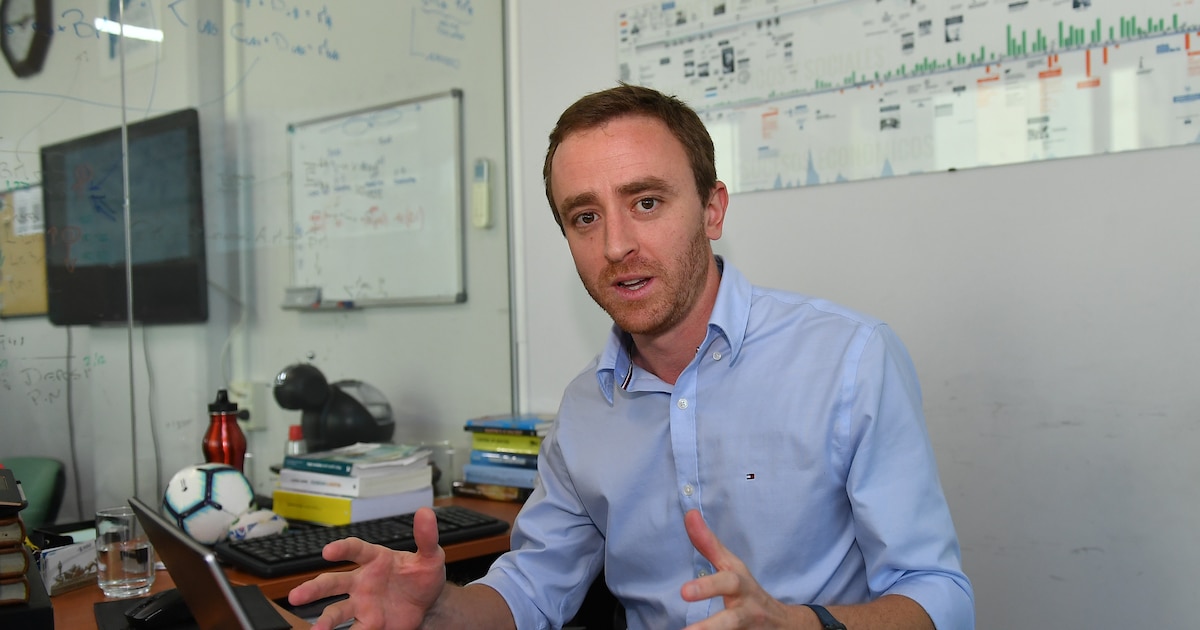The macroeconomic landscape in Argentina is progressing along the path planned by the government, with a restored fiscal surplus, disinflation, and increased productive and commercial activity. However, microeconomic conditions remain mixed, with varying levels of recovery, stagnation, and decline across sectors and population segments. While some industries, such as real estate and automobile sales, are experiencing record levels, Congress is working on legislation to improve incomes for disadvantaged groups without undermining macroeconomic stability.
In an interview with Infobae, economist Matías Surt, managing partner and chief economist at Invecq Consultora Económica, shared his insights on the current situation and short-term expectations. Surt noted that inflation is slowing, with projections indicating a 2% rate for May, driven by factors like exchange rate adjustments, regulated price freezes, and seasonal price effects. He emphasized the importance of fiscal and monetary order in reducing inflation but warned against overly rapid deregulation of controlled prices, which could destabilize the economy.
Surt also highlighted concerns about Argentina’s high country risk, attributing it to historical and institutional factors, economic weaknesses, and political uncertainties. He expressed doubts about the sustainability of the current economic program, particularly regarding the Central Bank’s negative net reserves and the real exchange rate level. Despite challenges, he believes the new exchange rate scheme and fiscal order could facilitate a crisis-free adjustment, supporting long-term economic transformation.
— new from Infobae
